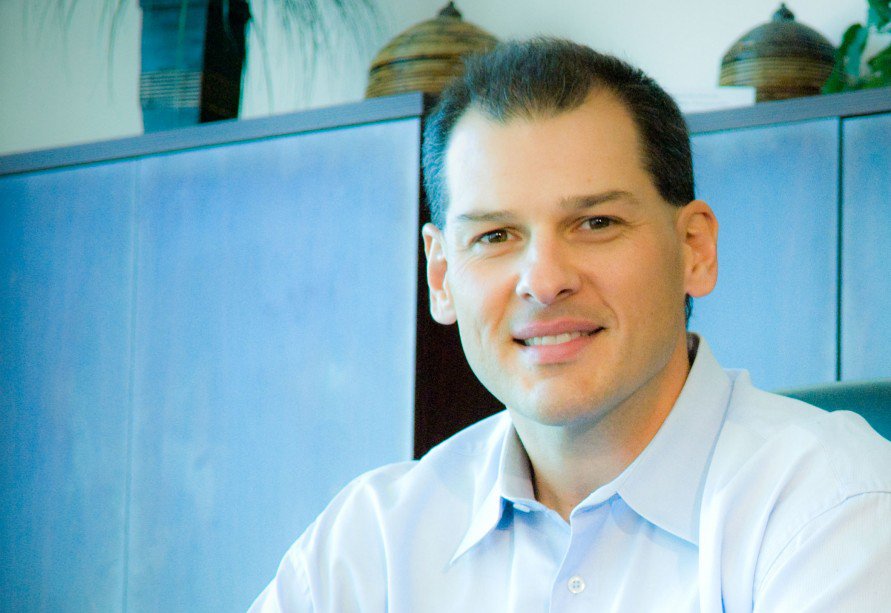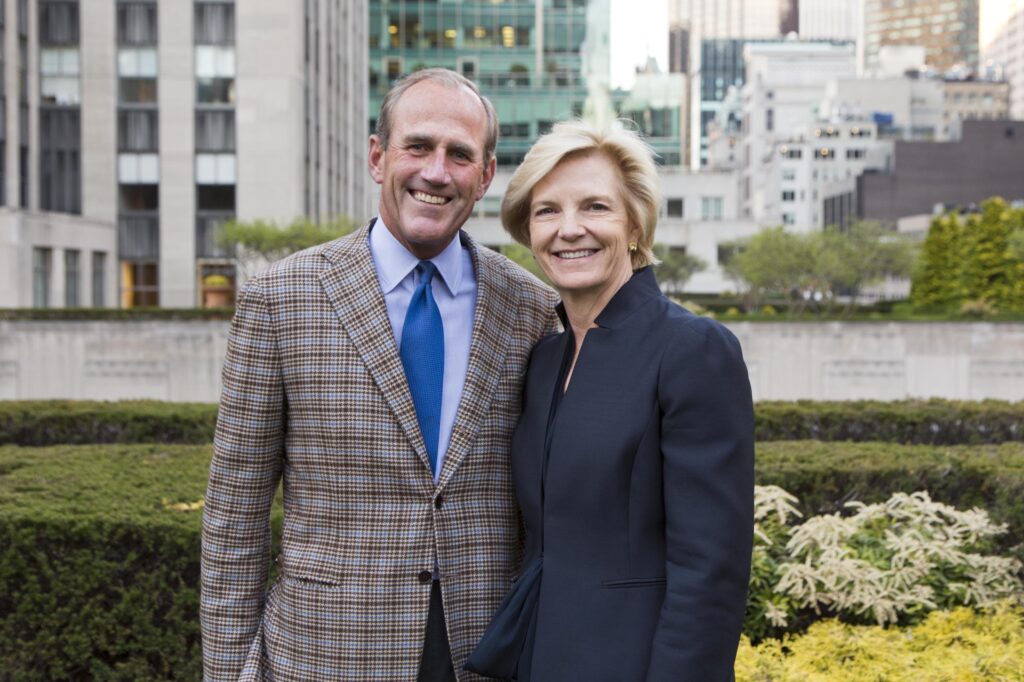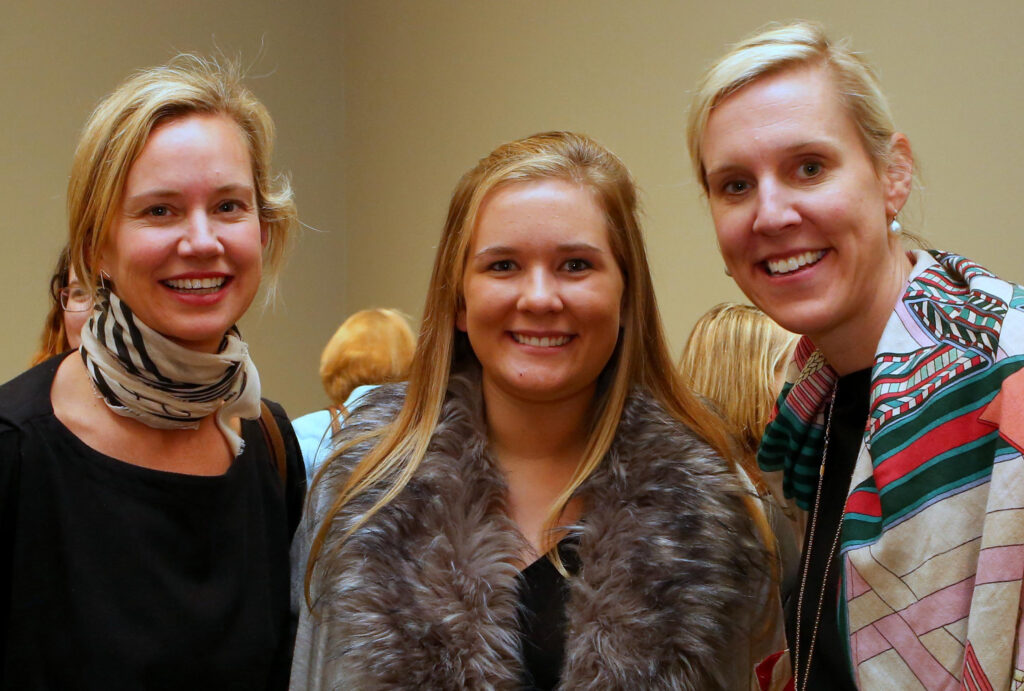Micheal Clark M.S. ’99 Remains Committed to Supporting Research and Education in Exercise and Sport Science at Carolina
January 3, 2018

Micheal A. Clark M.S. '99
In his first year at Carroll College in Waukesha, Wisconsin, Micheal Clark M.S. ’99, a member of the football team and a pre-med major, knew he wanted to be an orthopedic surgeon—it was the perfect career that combined his interests in academics and sports.
It wasn’t until he witnessed a teammate’s ACL tear and grueling recovery that he knew physical therapy would better suit him.
“I saw what my teammate went through,” Clark said. “The physical therapist was with him through the whole process, literally taking him from where he couldn’t walk to being back on the field playing football. I really liked that.”
Clark then decided to transfer into the physical therapy program at the University of Wisconsin-La Crosse, where he earned his bachelor’s degree in physical therapy and exercise and sport science, learning from some of the top orthopedic and sports therapy specialists in the nation. Following graduation, Clark took his first job as a physical therapist in Oshkosh, Wisconsin.
As a practicing physical therapist, Clark worked with numerous high school, college and professional athletes across Wisconsin. Although he enjoyed his job, Clark decided he wanted to continue his education and research in exercise and sport science to make an even larger impact in the sport therapy industry. He chose to attend Carolina, where he enrolled in a bilateral master’s program in sport medicine and human movement science within the department of exercise and sport science (EXSS).
Education and innovation
While completing his master’s degree, Clark created meaningful relationships with some of the leading experts in the EXSS field, including Kevin Guskiewicz, Darin Padua and Bill Prentice.
“Being at UNC really inspired me and allowed me to be creative and innovative while also forming some phenomenal relationships,” he said.
Already a practicing physical therapist working in professional sports for almost five years, Clark was assigned to work with the football and track teams at UNC, and he even taught courses while still in the program. He earned his master’s degree in human movement science in 1999. Since then, he has remained an authority in the sports medicine and therapy realm.
Clark founded the National Academy of Sports Medicine (NASM) in 2000, and he created the Optimum Performance Training (OPT) model used by health and fitness professionals worldwide. It was one of the industry’s first training systems based on evidence-based research. Clark created OPT after studying his future wife, Melissa Mueller, an elite collegiate athlete and Olympic pole vaulter.
“She allowed me to create OPT on her. You can’t build the systems that I have built without elite athletes to first try them on,” he said. “She trusted me to actually build the entire system on her.”
His continued research on human movement science also led to Clark’s founding of Fusionetics, a performance healthcare company focused on injury prevention, performance optimization and recovery enhancement. Clark implemented this performance health system on the Phoenix Suns, and it’s a system the team has used for almost 18 years. Fusionetics also partners with approximately 450 other professional and collegiate teams, including UNC.
Investing in the future of EXSS
Even with several successful businesses, an incredible list of professional athletes and teams with whom he has worked — including serving as the team physical therapist for the Phoenix Suns for 15 years and winning an NBA championship with the San Antonio Spurs — and recognition as a global leader in the field, Clark remains committed to supporting research and education that places the evidence-based model of sports medicine at the forefront of the industry.
Clark said he invests his time and resources in the department of exercise and sport science because he wants to see UNC become the global leader in performance health care.
He also believes investments in the department support the future wave of performance health care practitioners.
“As our life span gets longer, we have to increase our health span to go with it. Movement efficiency, nutrition, stress management, sleep and hydration are critical for long term health and wellness,” he said. “Having students come out of Carolina’s EXSS program who are educated and prepared to work in multiple disciplines in the performance health industry is inspiring and empowering. That’s why we keep giving back.”
By Kayla A. Blevins ’16



